
Dropshipping
40 Best Dropshipping Clothing Suppliers in 2025
As a newcomer in the dropshipping clothing market, you might find yourself pondering whether the dropshipping clothing niche is truly...
How to Integrate Social Media with Your Shopify Clothing Store?
eCommerce

Social media is quite significant in eCommerce, especially for clothing retailers.
It’s not just about sharing pretty pictures; it’s a way to connect with customers, showcase products, and build a loyal following.
By integrating social media with your Shopify store, you can boost your brand's visibility, drive more sales, and create a community around your brand.
Let’s dive in and explore how integrating social media with your Shopify store can transform your clothing brand’s eCommerce strategy.
Shopify represents a widely recognized eCommerce platform meticulously crafted to assist businesses in establishing and overseeing their online stores.
This platform is advantageous for clothing retailers because it provides many important features. Here are some of the most prominent ones:
One of the most notable attributes is its user-friendly design. Shopify offers an array of customizable templates that facilitate the creation of visually striking stores, without necessitating any coding expertise.
You can, therefore, present your clothing line in an aesthetically pleasing manner.
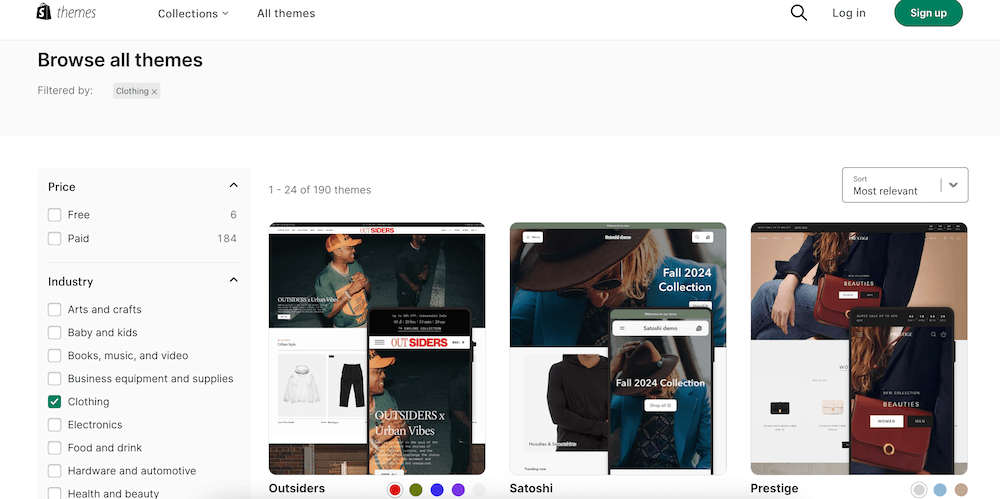
Mobile optimization is another key aspect. As more customers increasingly rely on their phones for shopping, Shopify guarantees that your store maintains an appealing appearance across all devices, assuring a seamless shopping experience for users.
Shopify offers mobile optimization through responsive themes, which automatically adapt to various screen sizes. The platform also includes a streamlined, mobile-friendly checkout process, simplifying customers’ purchasing journey on their phones.
On top of that, Shopify offers plenty of integrated applications that can enhance customer engagement by allowing you to use mobile push notifications and one-click purchasing tools like Shop Pay.
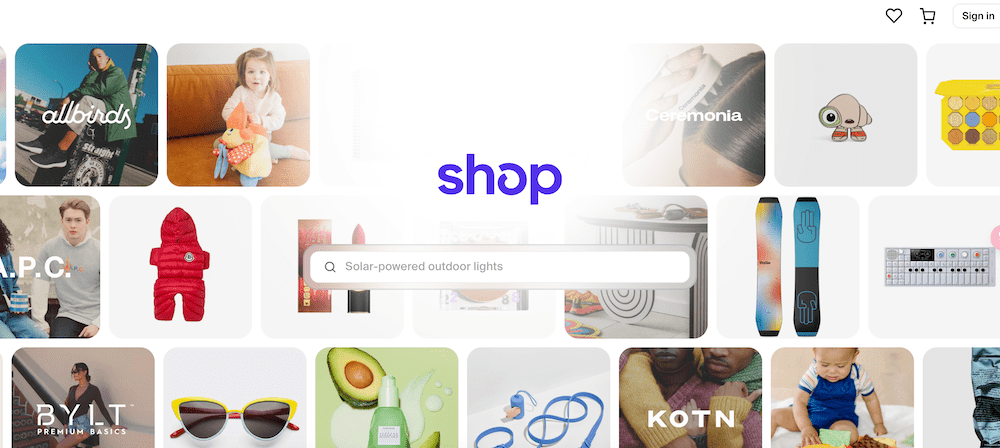
Regarding payment options, Shopify accommodates multiple payment gateways, which allows customers to utilize their preferred methods. This flexibility can significantly enhance sales.
Some of the key payment options include:
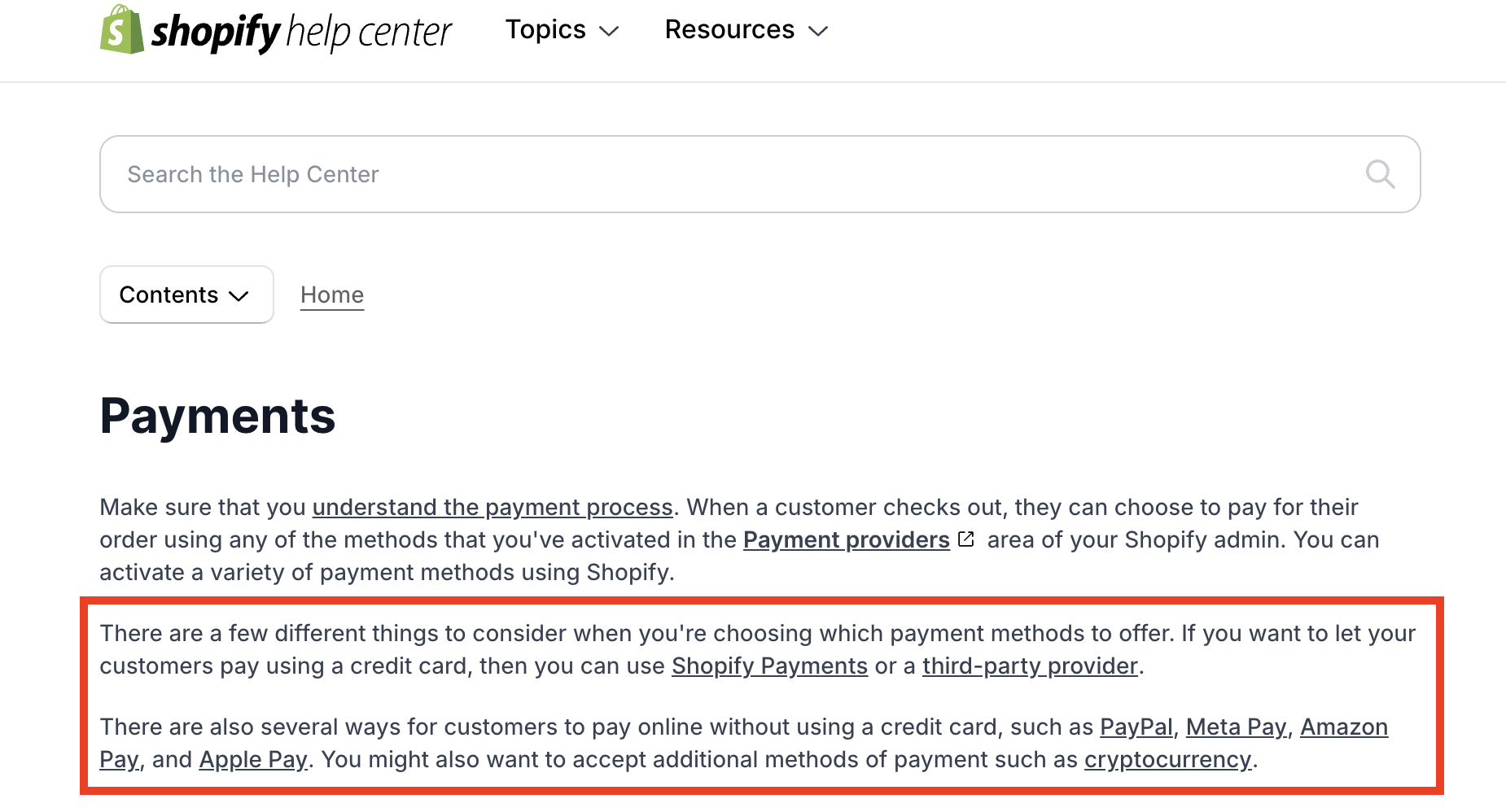
Lastly, the extensive app integrations available on the platform enable you to incorporate various features, including social media links, email marketing tools, and analytics, thereby increasing your store’s overall performance.
Here are a few notable examples:
Check out: Best Shopify apps for dropshippers
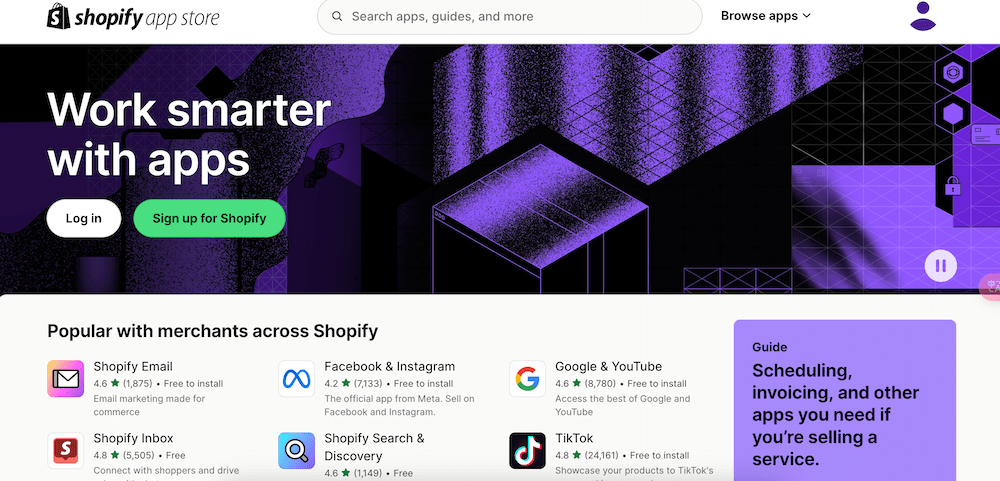
Adding social media buttons to your Shopify store encourages visitors to follow your brand on different platforms. Here’s how to do it:
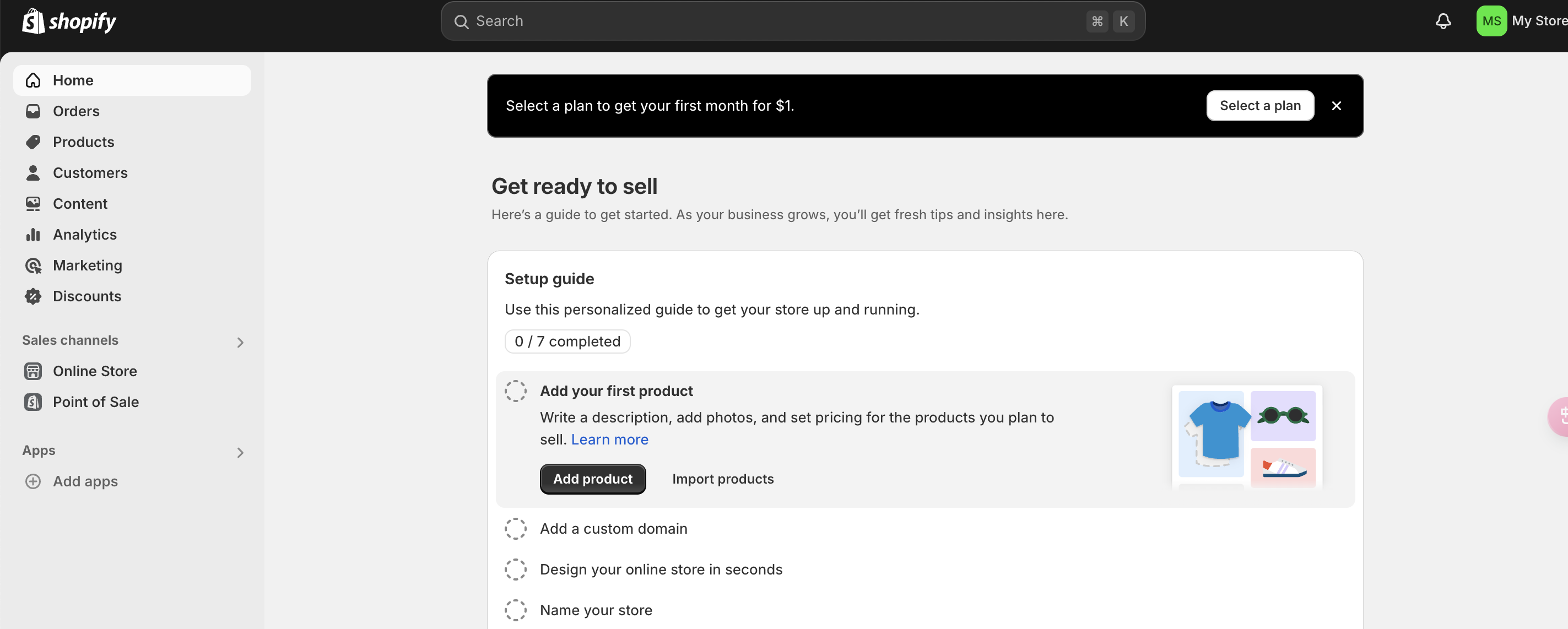
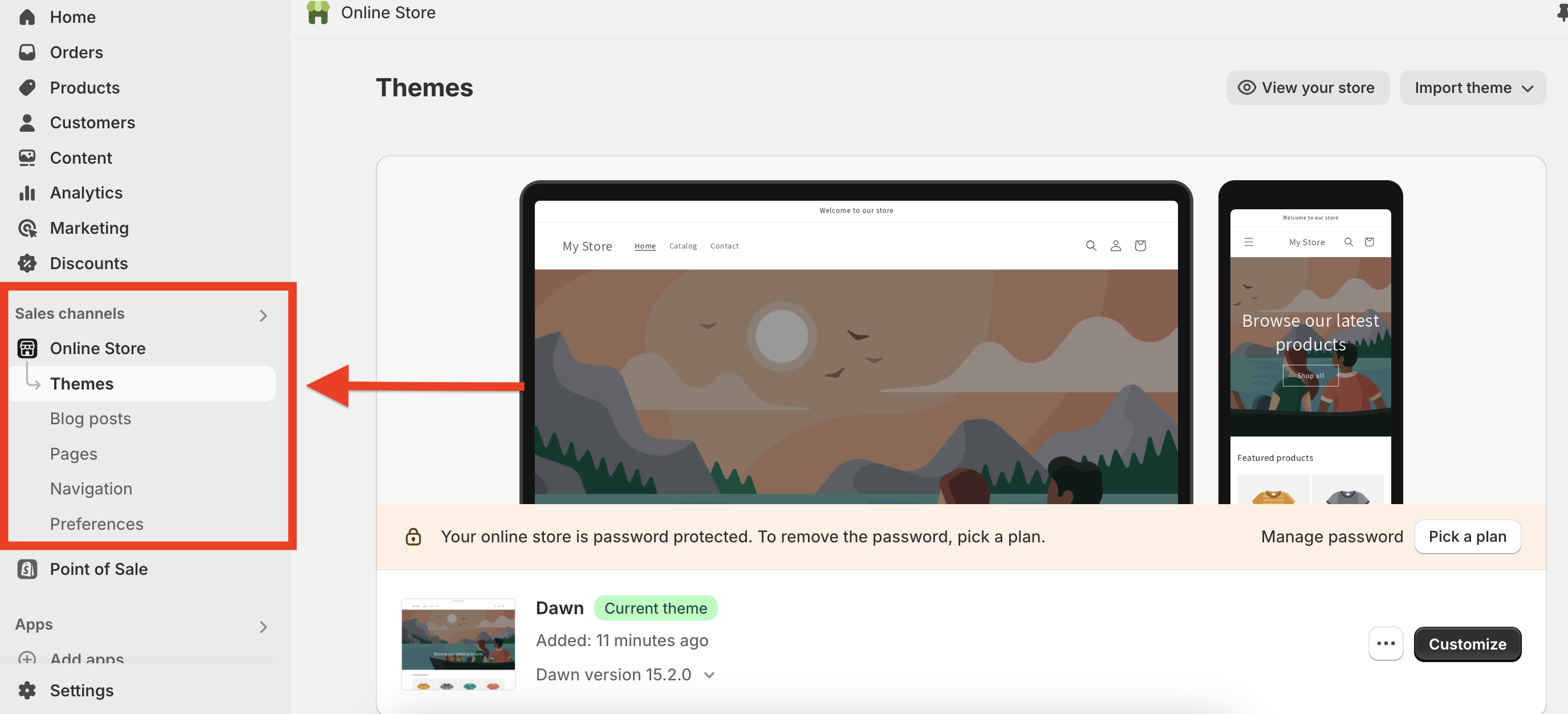
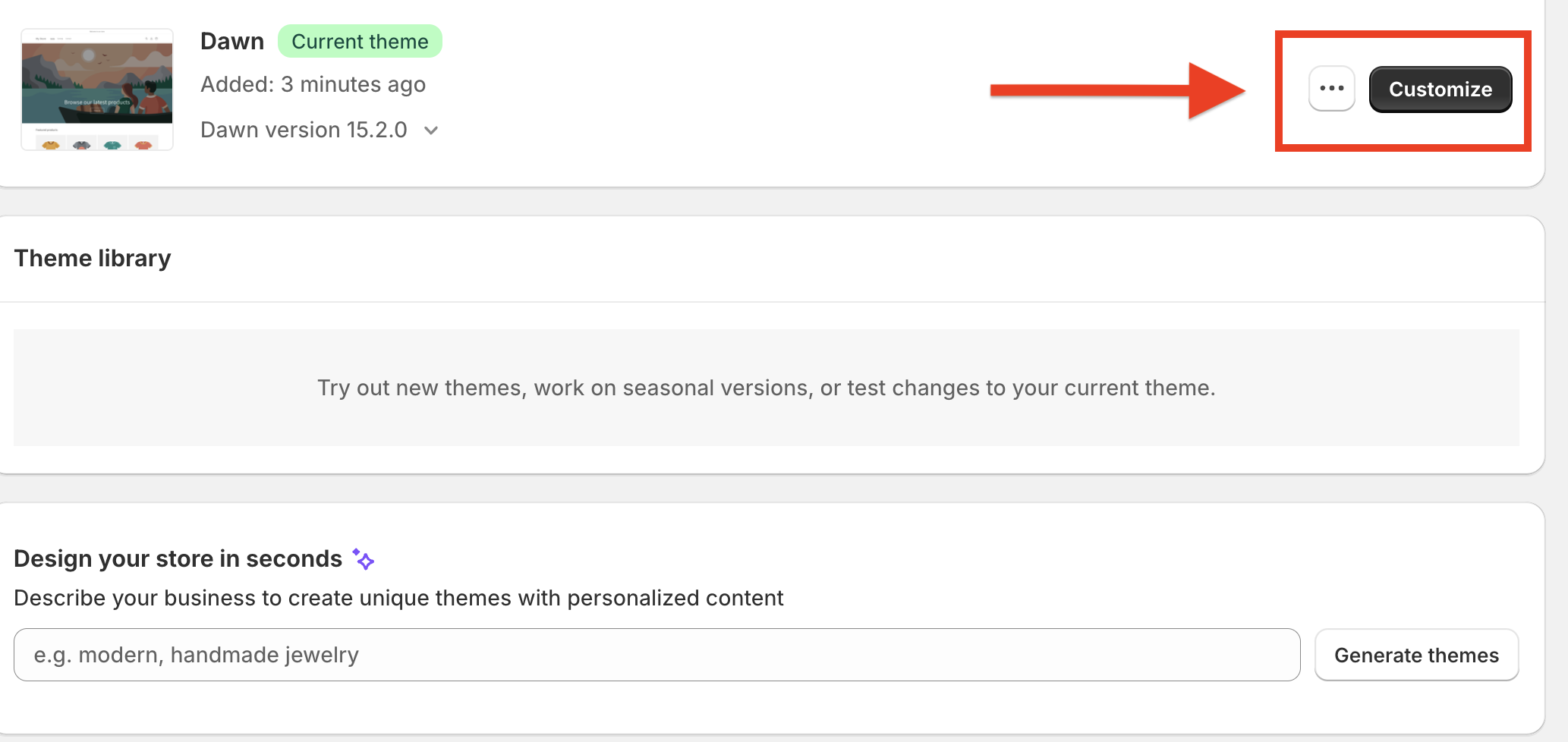
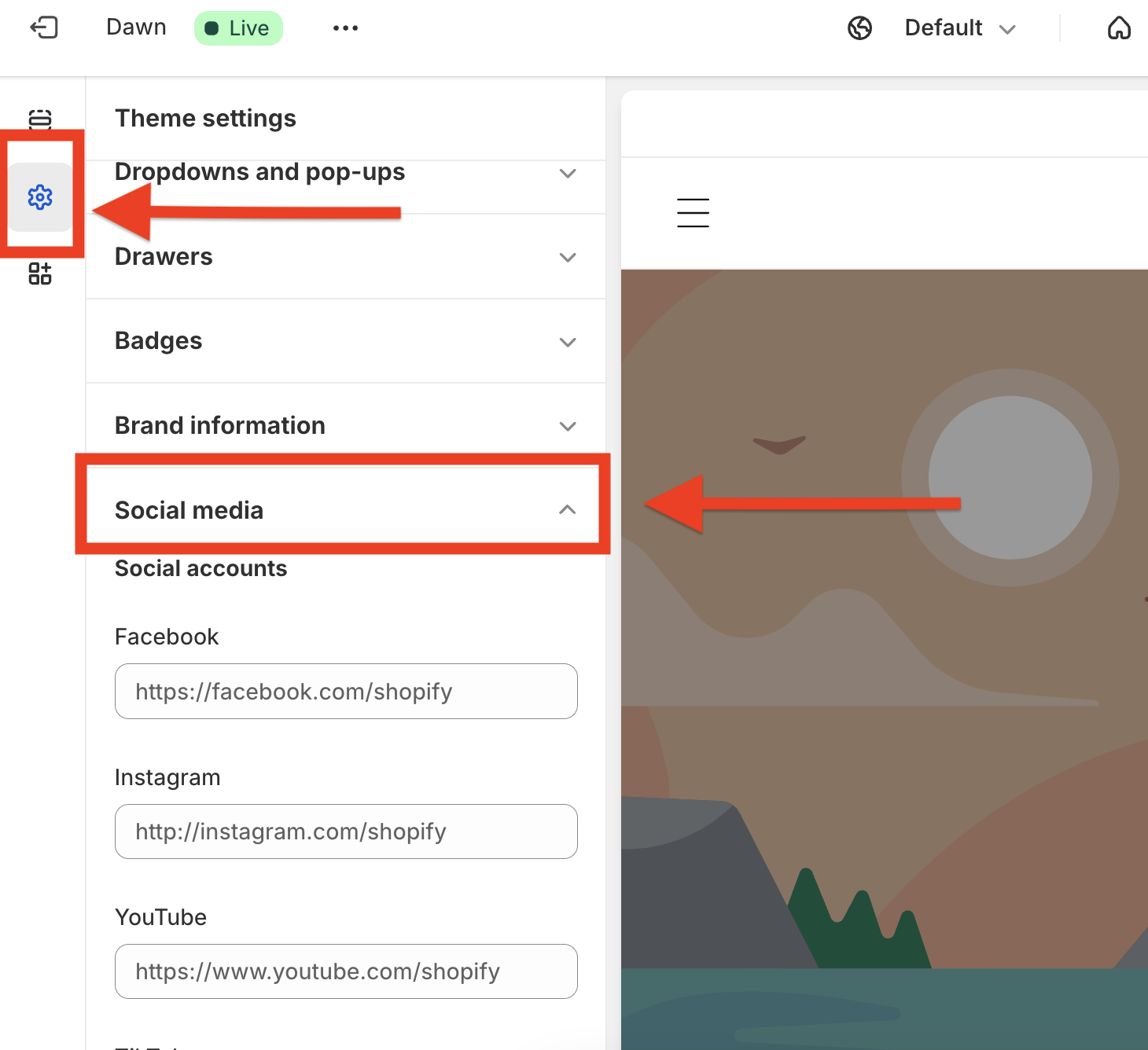
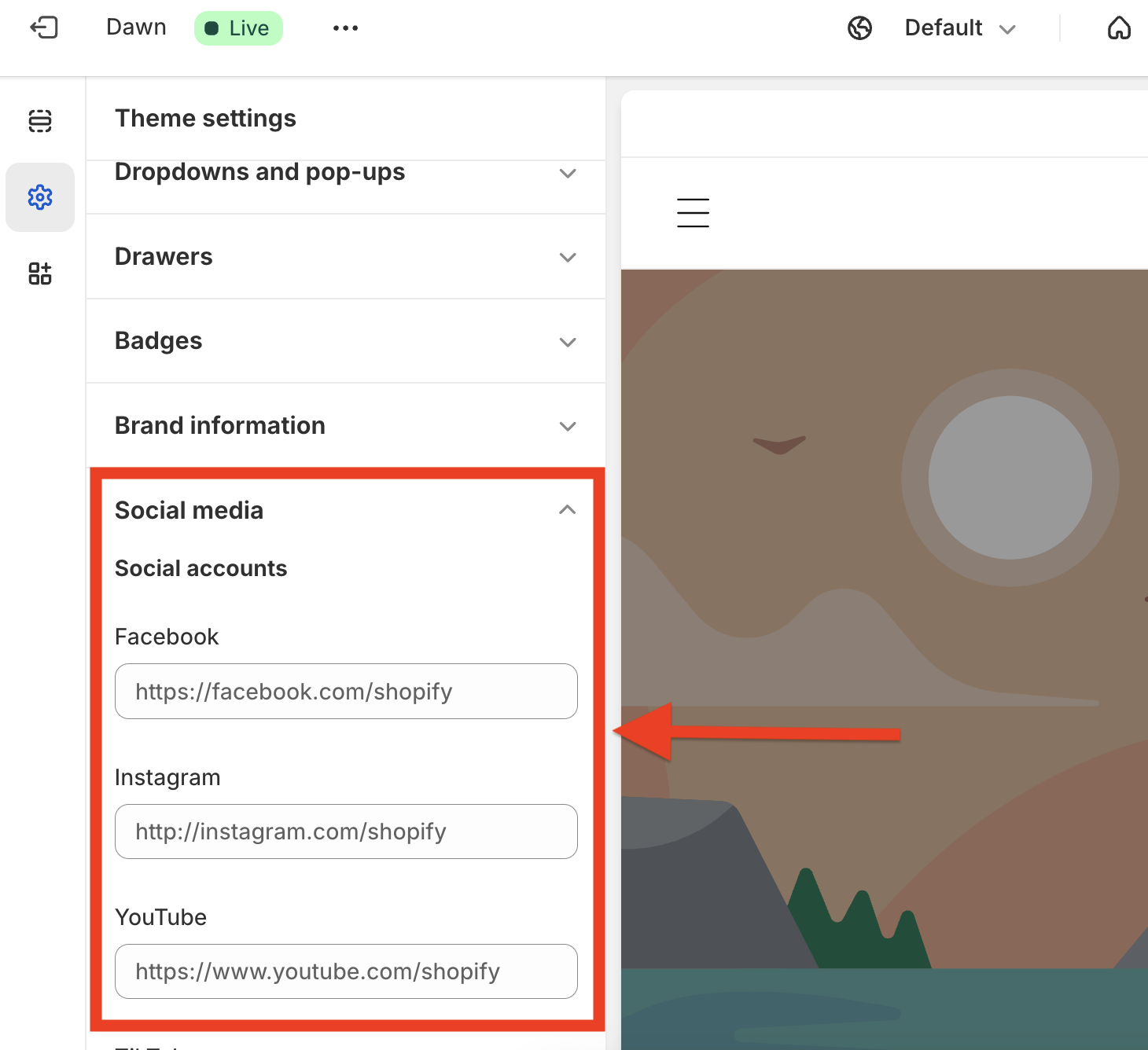
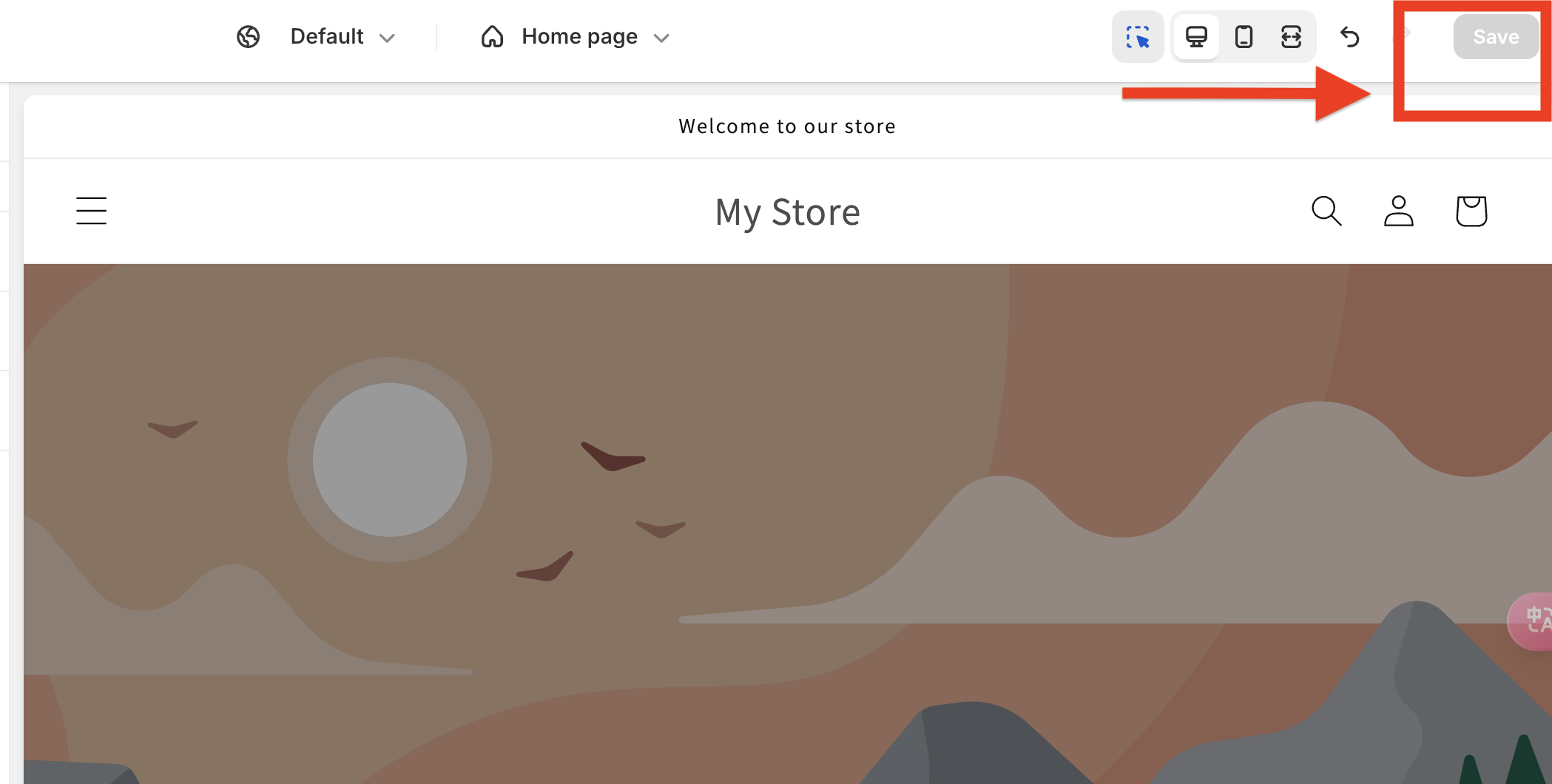
Allbirds, for example, effectively utilizes social media buttons on their site, making it easy for customers to connect with them on platforms like Instagram, TikTok, X, Facebook, YouTube, and Pinterest.

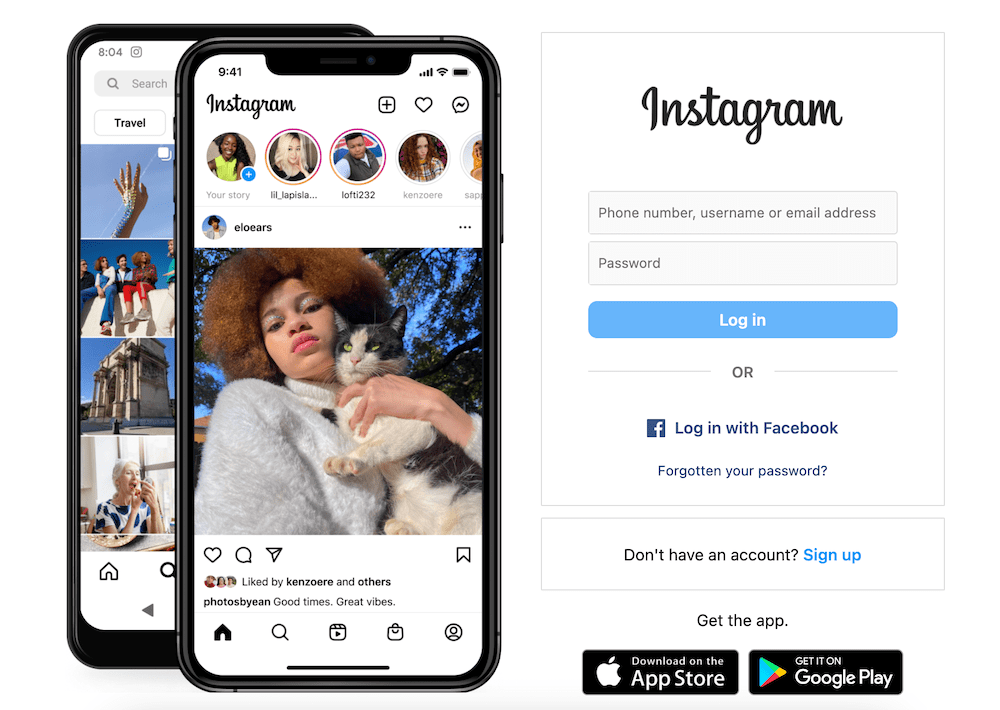
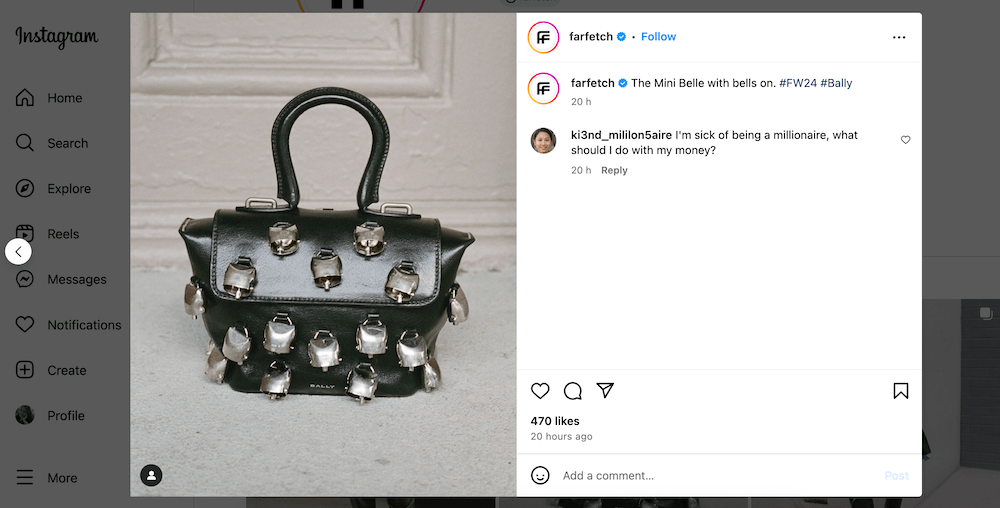
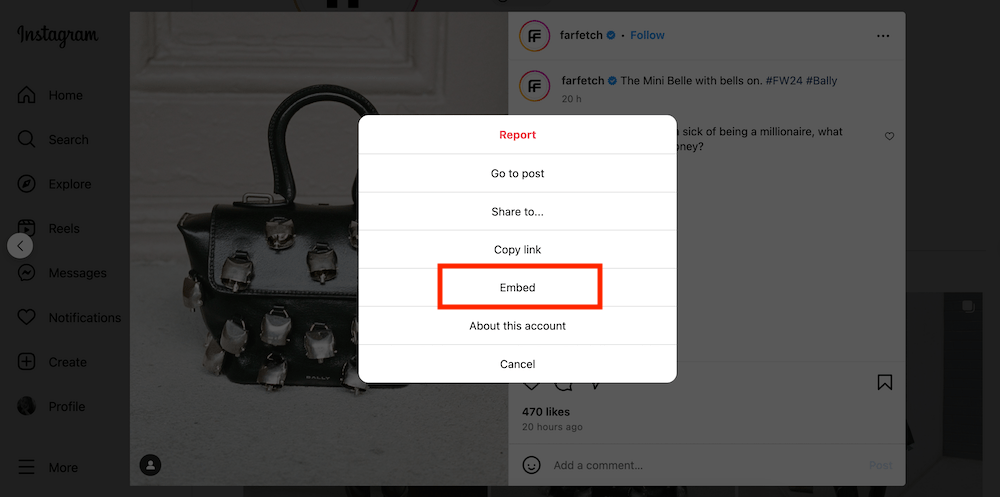
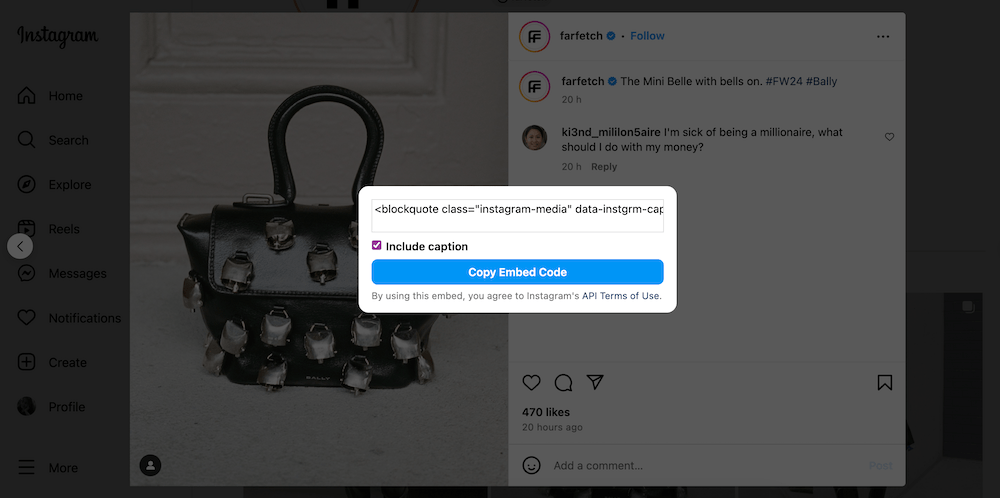
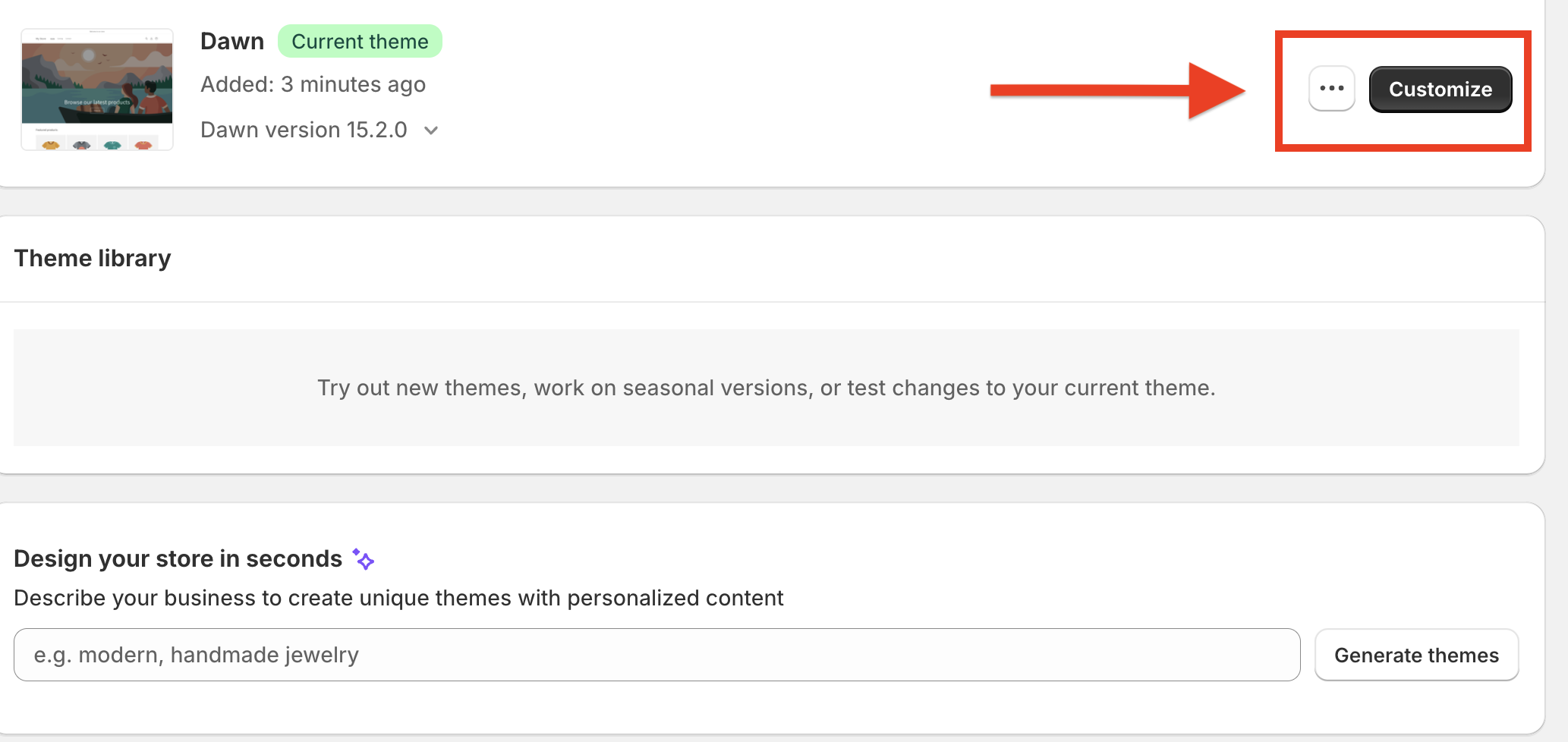
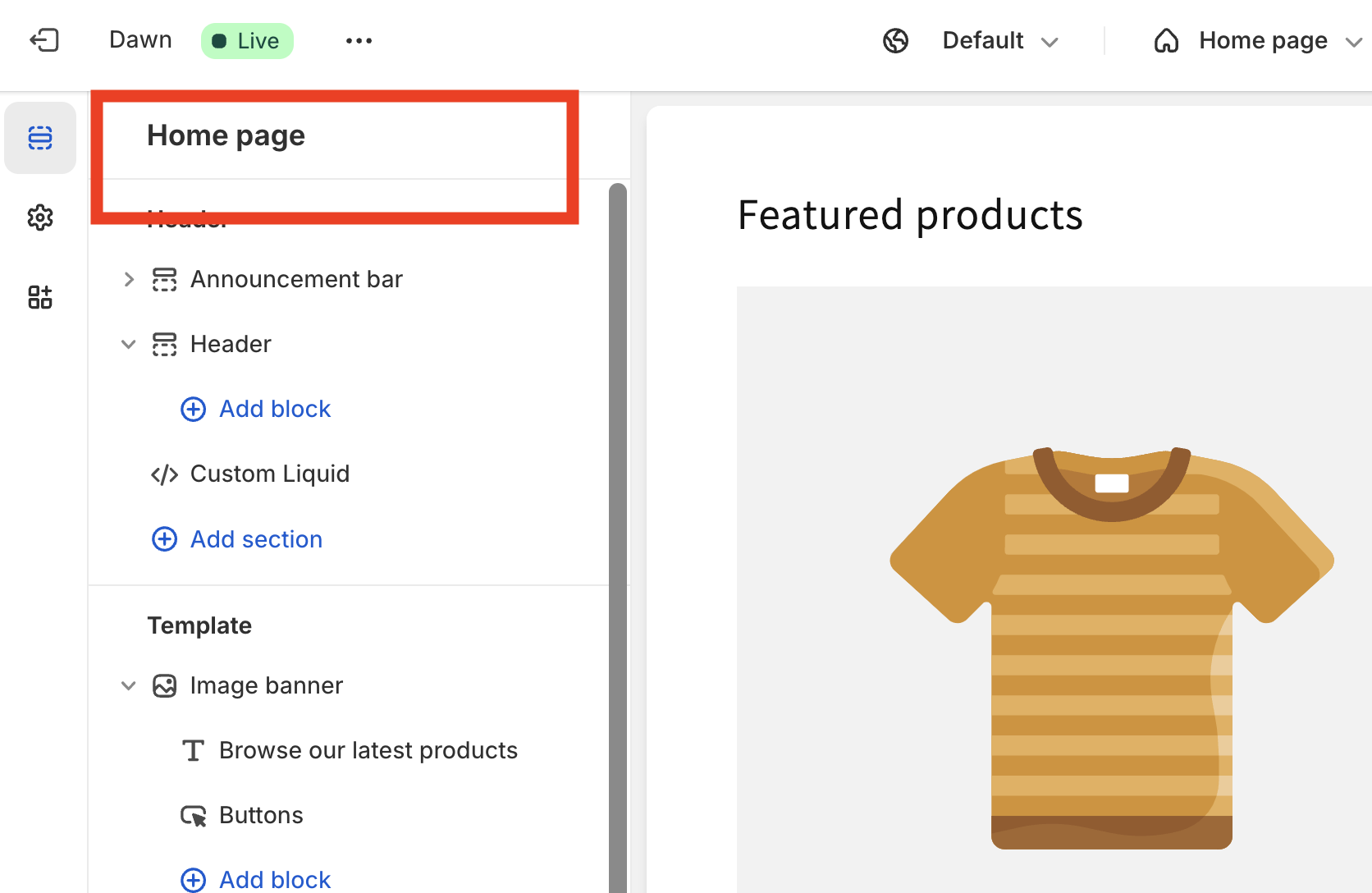
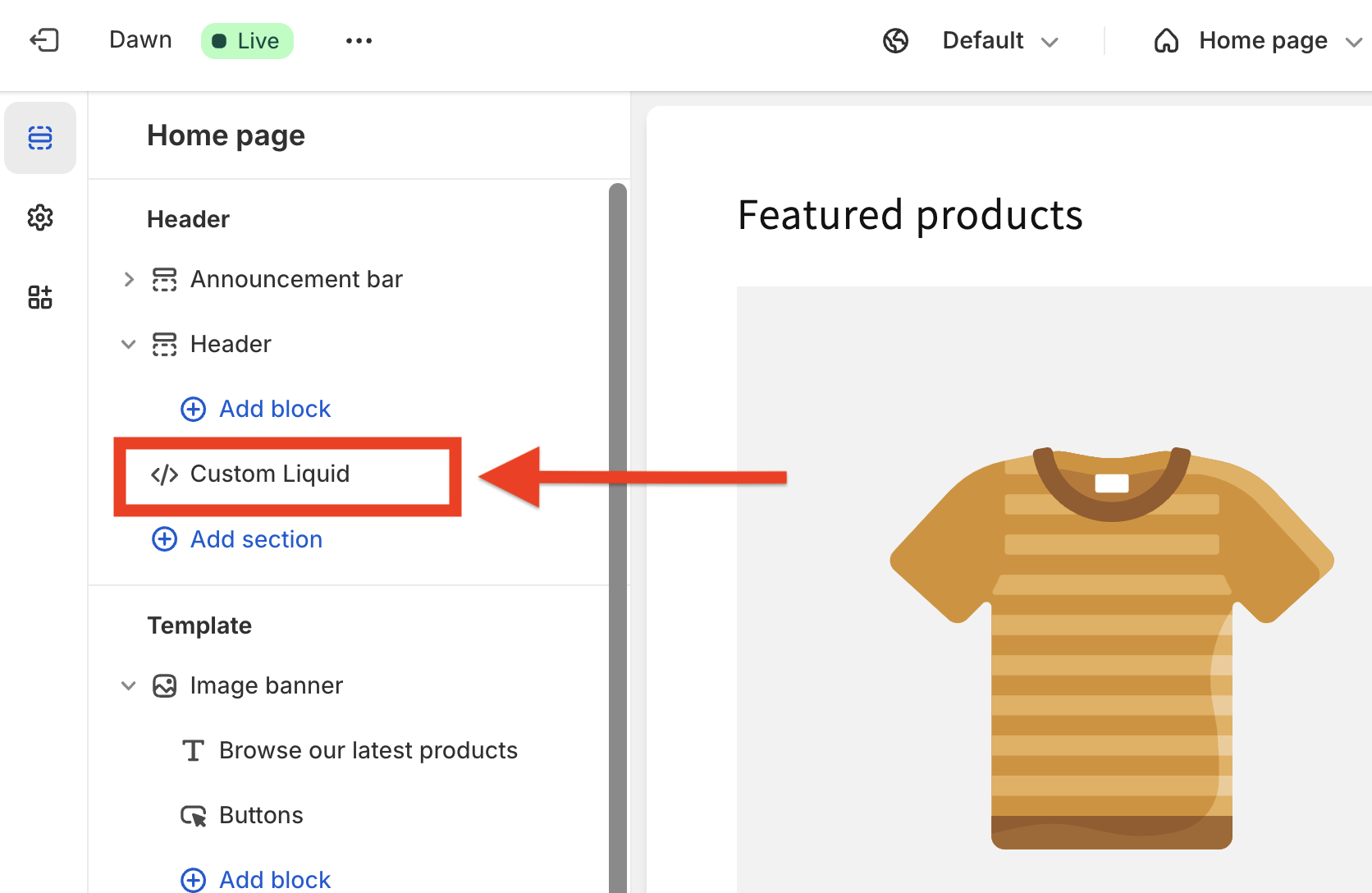
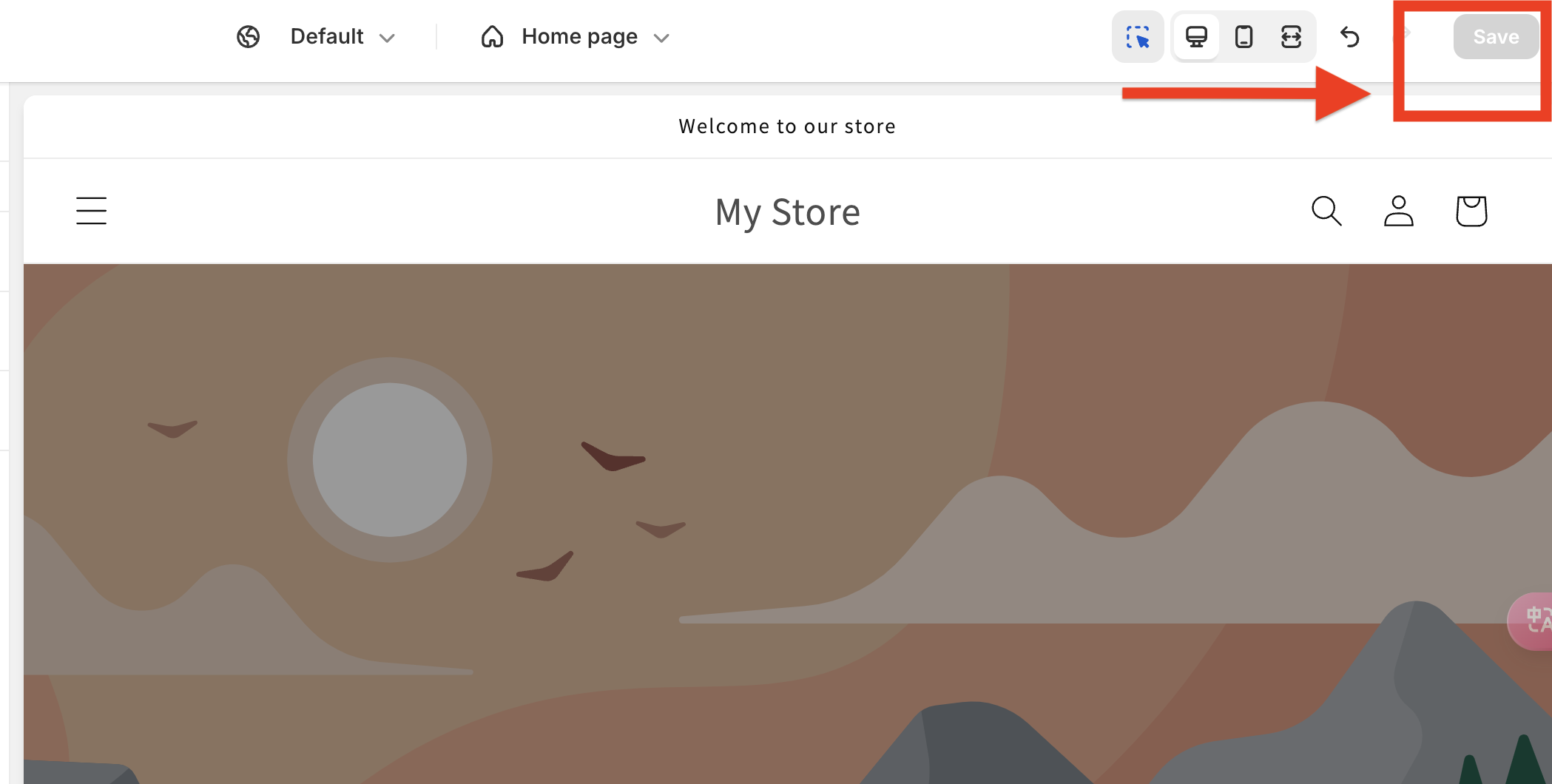
ModCloth uses embedded social feeds to showcase user-generated content, engaging their audience by displaying real customers wearing their products.
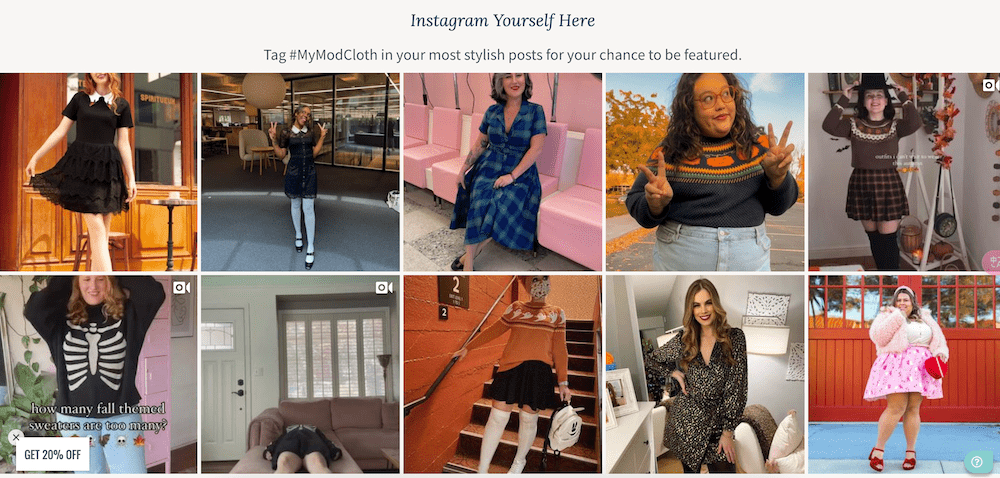
The strategic placement of social media buttons on your Shopify store can enhance customer engagement and contribute to developing your brand’s online presence.
By positioning these buttons in crucial areas, you facilitate the connection between your visitors and your brand across multiple platforms.
Here are some spots that you should consider:

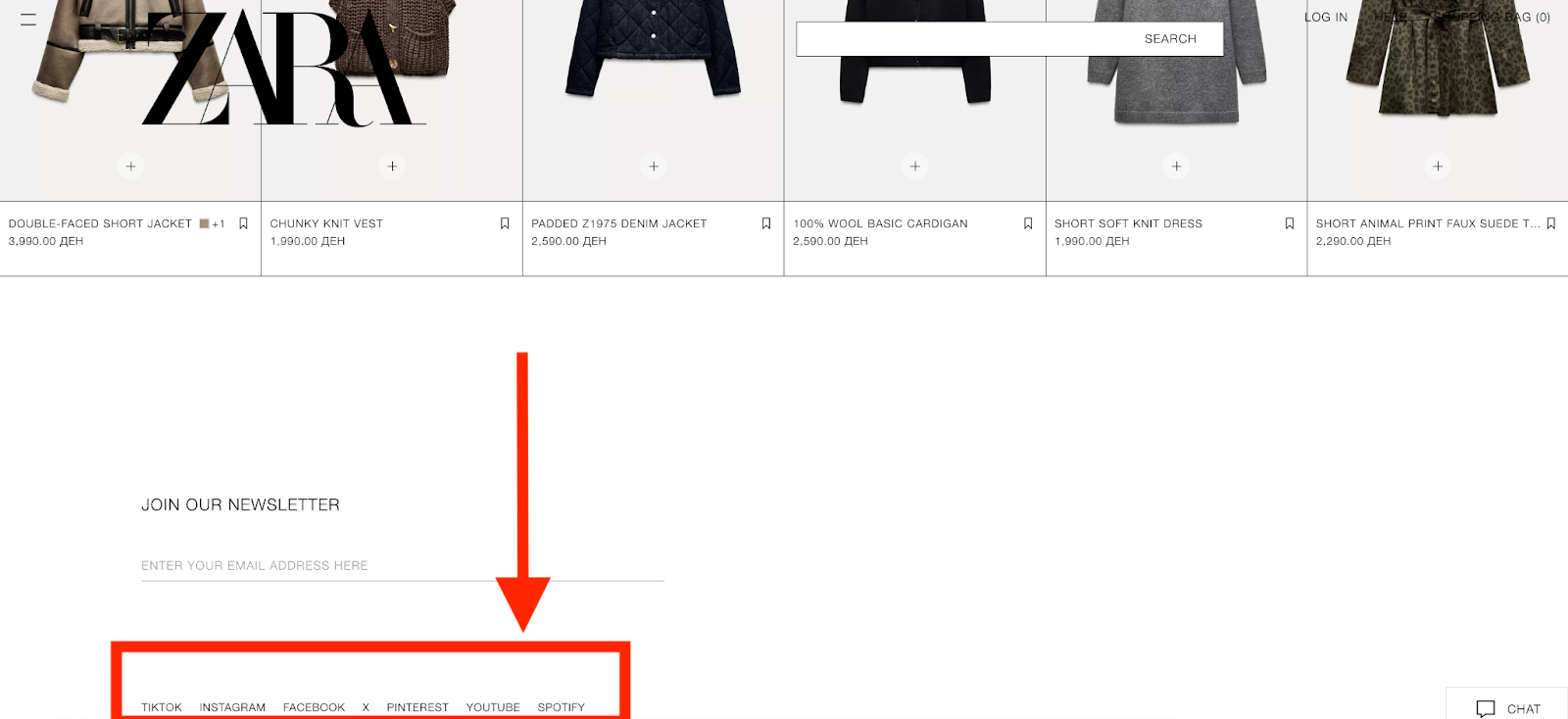

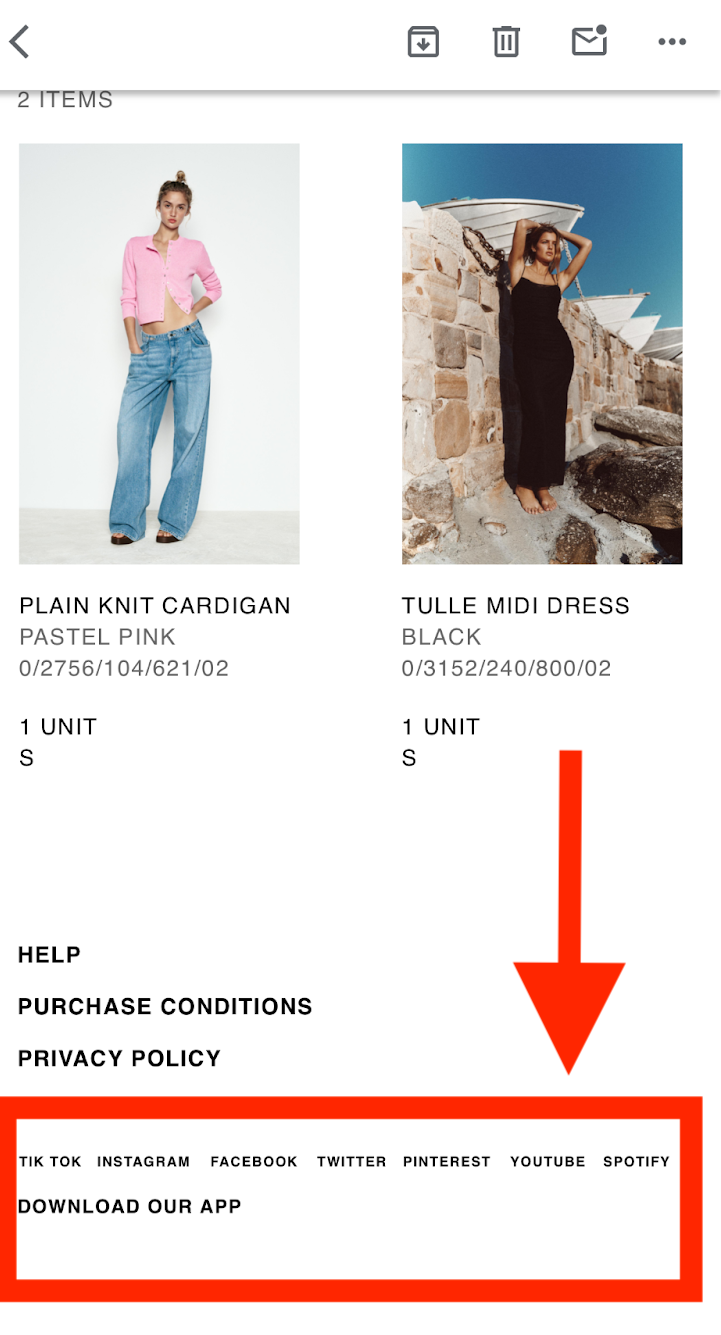

Various platforms provide distinct benefits that enable effective engagement with target audiences. In this article, we will further explore several of the most impactful platforms for clothing brands, highlighting what distinguishes each.
Check out: Most effective social media apps
@revolve Trend to Try: Barrel-Leg Jeans👖🤍 @Michelle Infusino in the @Free People x We The Free Good Luck Mid Rise Barrel Jean 🍂 #revolve #trends #falltrends #fallfashion #fashion #barreljeans #jeans #denim #freepeople #style #wardrobe ♬ second nature – Patrick Hizon & Chevy
When it comes to retaining customers through social media, effective relationship-building seems to be the best way to start. Here are some of the effective ways in which you can engage your audience:
You can engage your customers and ask for their opinions with interactive content.
Encourage participation through the use of polls, quizzes, and questions.
For example, you can ask your followers to vote for their favorite outfit styles or let them vote between two new product designs.
This way, it will not only encourage more engagement but also help gather important data about your customer preferences.
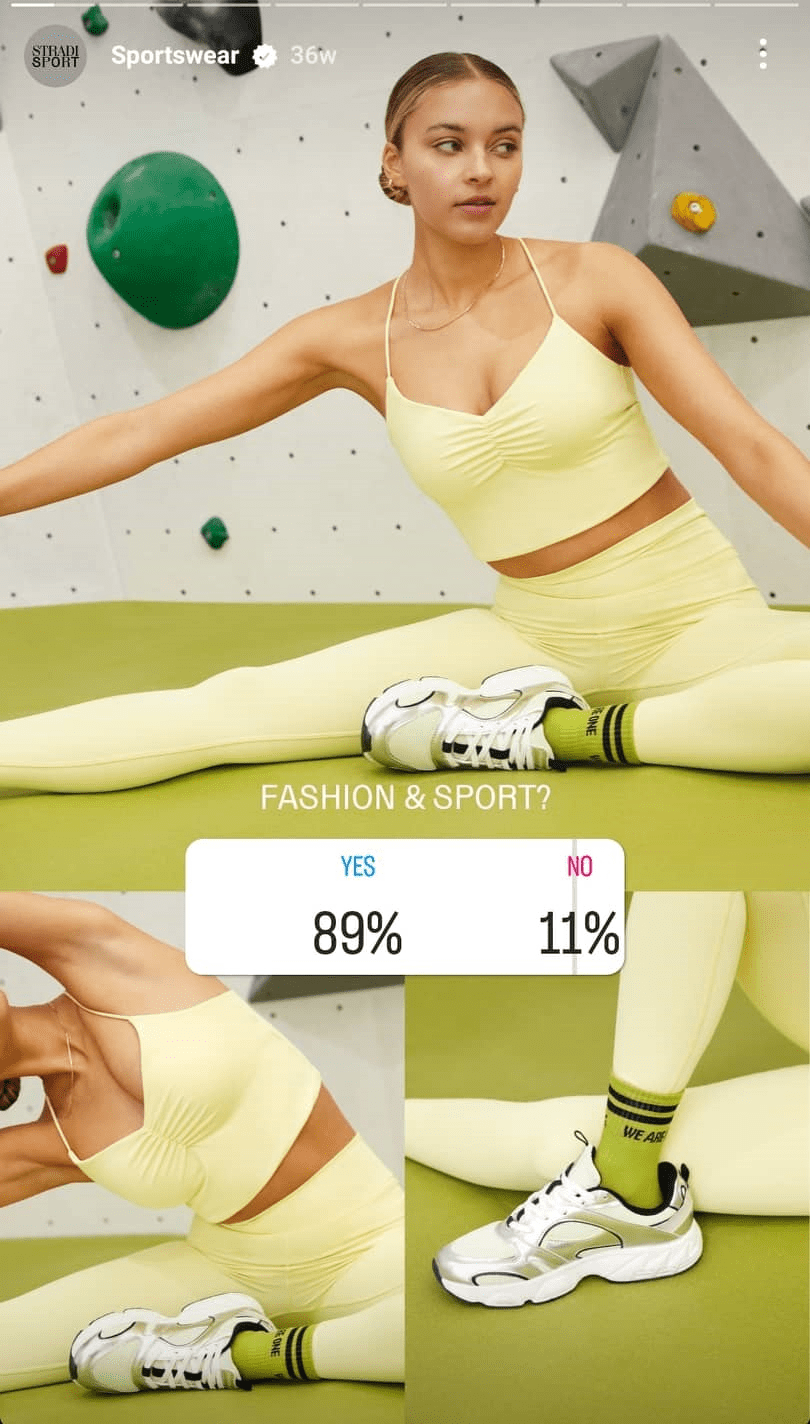
Hosting giveaways is one cool method of connecting with your audience and attracting more followers.
You can tell your contestants to like and share your posts and tag friends so they can get a chance to win your product for free.
This will not only increase the visibility of your brand but also put excitement around your offering.
@lovestrucklou $500 VOUCHER GIVEAWAY ✨✨✨ enter via IG – @lovestruck_lou
Encourage your customers to share experiences taken with your products.
You can create a unique hashtag for your clothing brand and ask your customers to post pictures of them wearing your brand’s items.
When you re-share this user-generated content, it shows real customers and builds a sense of community.
This is also one form of authentic social proof that nudges others to make purchases.
Furthermore, TikTok, Instagram, and Facebook live sessions provide real-time engagement with your audience.
They can be used to showcase new collections or explain details in a Q&A session on how to use them, giving some styling tips.
Such direct interaction creates attachments and involvement of your followers with your brand.
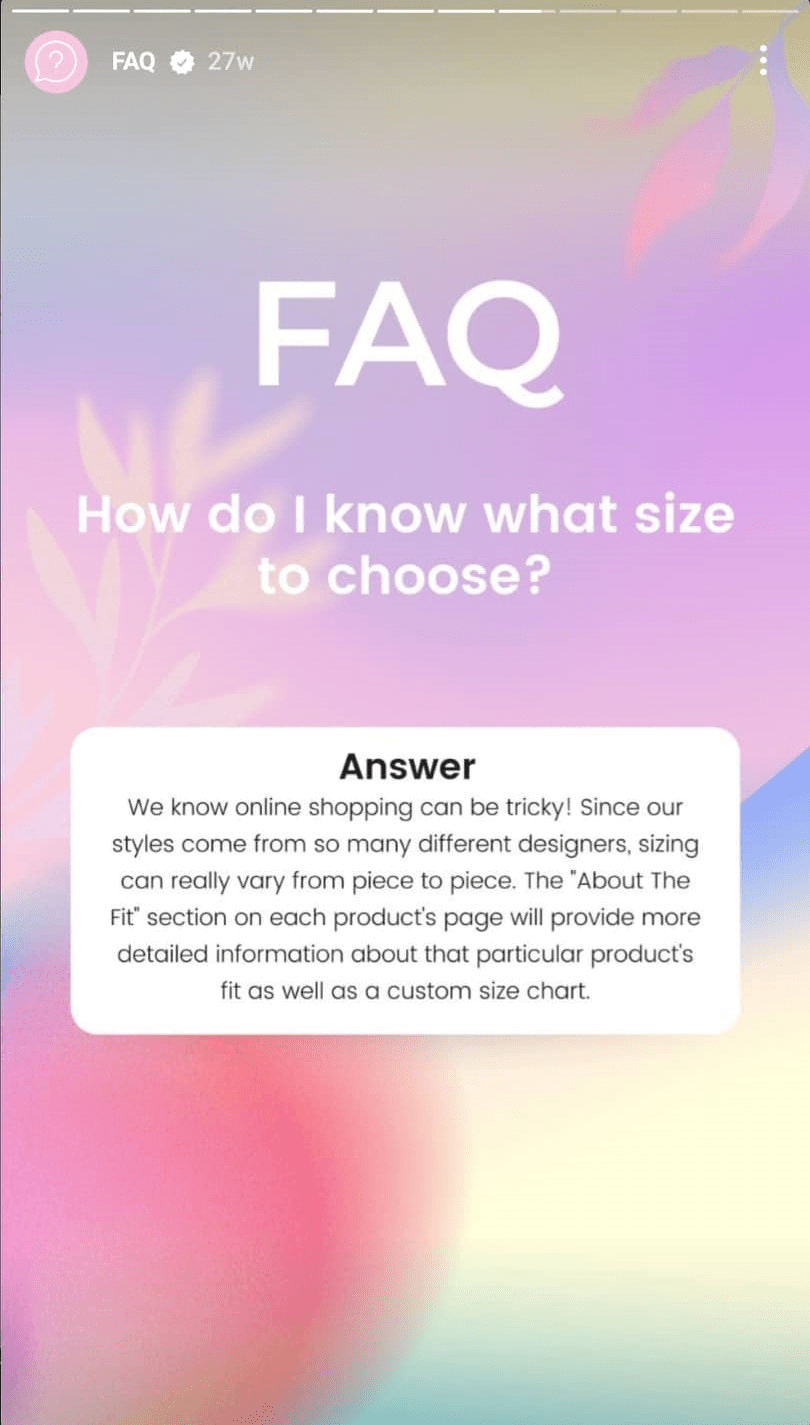
Integrating social media with Shopify is essential for clothing retailers seeking to elevate brand visibility and increase sales.
By leveraging features such as shoppable posts, social media buttons, and embedded feeds, you can effectively merge your online presence with your Shopify store.
The strategic implementation of platforms like Instagram, Facebook, TikTok, and Pinterest empowers stores to connect with varied audiences and leverage all the different features that these apps offer to encourage interaction.
Ultimately, social media can transform your followers into dedicated customers, contributing to accelerating your growth in the competitive eCommerce arena.
What is dropshipping?